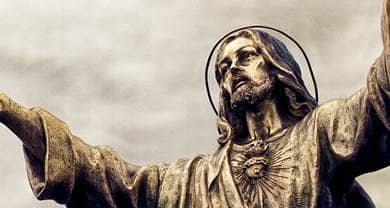- Trending:
- Pope Leo Xiv
- |
- Israel
- |
- Trump
- |
- Social Justice
- |
- Peace
- |
- Love

RELIGION LIBRARY
Lutheran
Leadership
Like most mainline Protestant churches, Lutherans have ministers rather than priests. Priests, by definition, are an intermediary between people and the divine. So, for example, in some religions people are required to offer sacrifices to God or the gods, but they are not themselves able to do so and therefore must obtain the services of a priest to sacrifice for them. Martin Luther believed in the priesthood of all believers. In other words, salvation is a gift given directly by God to people, and requires no intermediary. Everyone stands directly before God at judgment, and it would do no good to bring your priest with you. That is why Protestants have traditionally discouraged emergency baptism in cases of infants born sickly. For Roman Catholics, baptism by a priest is required for salvation. For Protestants, baptism is important, but if God wills a certain infant to be saved, the presence or absence of a ceremony performed by a human cannot stand in the way.
That said, most Protestants, including Lutherans, do ordain ministers. All stand equally before God, and the gifts brought by each member of the body of Christ are equally important, but some have the gifts of leadership and preaching, and so those are trained and authorized to fulfill those roles. To avoid anarchy and promote order, most Protestants allow only ordained ministers to administer the sacraments.
Lutherans use the titles of elder and deacon in various ways to indicate lay leadership positions in the church. The offices of elder and deacon have changed over time, and have not always been as uniformly defined as they have been in Reformed churches, where elders are charged (in cooperation with the clergy) with institutional leadership of the church. Lutheran elders typically help ministers with administration and worship duties, while deacons attend to pastoral care and outreach duties.










